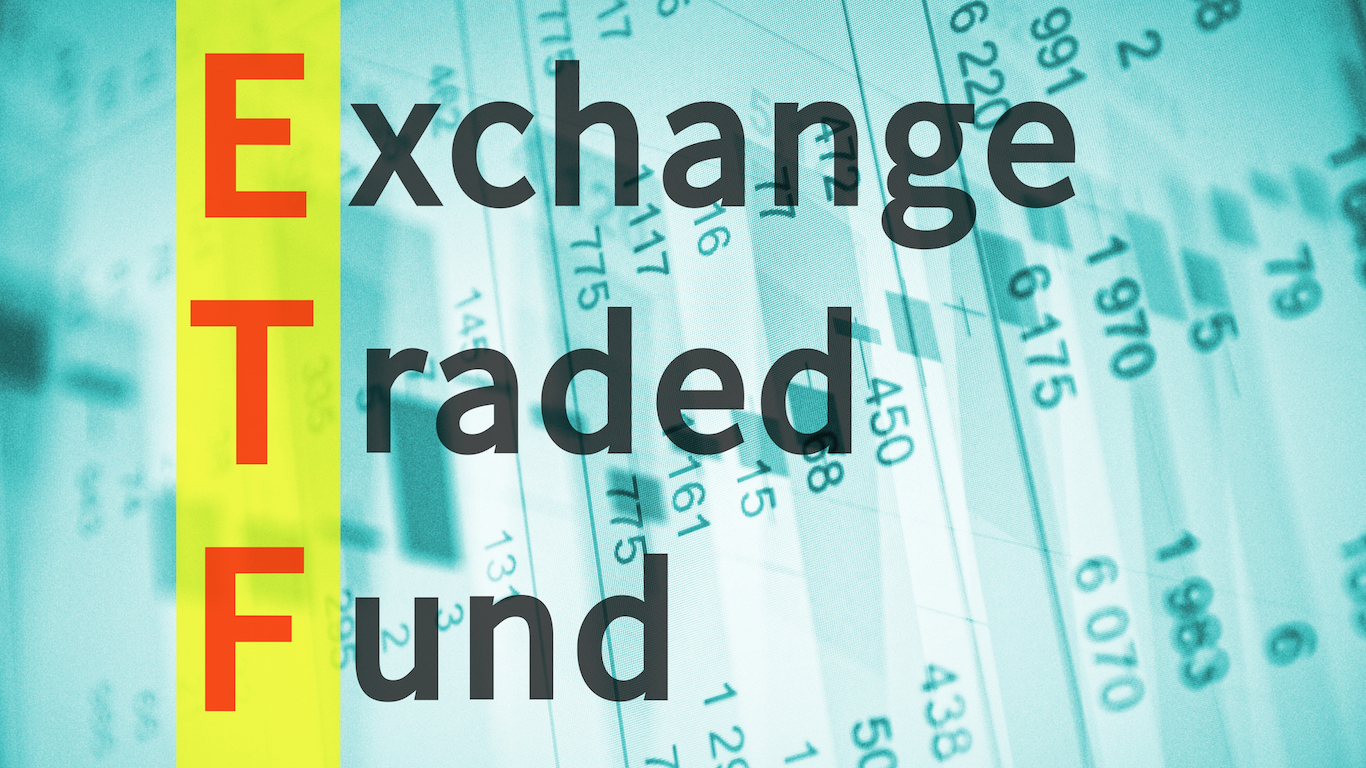Banking, finance, and taxes
BlackRock Dominates ETFs as Management Fees and Expense Ratios See Ongoing Pressure

Published:
Last Updated:

BlackRock Inc. (NYSE: BLK) saw its shares rally after reporting first-quarter earnings for 2019. While the underlying earnings report matters for BlackRock shareholders, there is a broader issue to consider for the investing community. BlackRock is the largest owner of exchange-traded funds (ETFs), and it has vast mutual fund and managed accounts as well.
While this may be a big benefit to individual investors and institutional investors alike, the overall climate of expenses and fees continues to contract when it comes to the costs to invest in the markets. That’s great news for you, me and everyone else investing, but it doesn’t sound too great for asset managers in general.
BlackRock’s new approach seems to be more of a market share gain without so much of a care for what asset class investors go into. After all, investors may roll into other classes over time, and BlackRock also has a new self-branded ETF class that may be a test against its iShares.
BlackRock’s investment platform took in another $65 billion of total net capital inflows during the first quarter alone. That was 4% organic growth on top of market gains. The iShares family of ETFs, despite having many equity ETFs, saw a record (and quite surprising) $32 billion of net inflows into its fixed income ETFs.
Other areas also showed promising growth rates. BlackRock’s active franchise was shown to have taken in some $14 billion of net inflows, with strength in active fixed income and also with a record quarter for illiquid alternatives (including its Long Term Private Capital as a direct private equity vehicle).
There may be some ongoing concerns about BlackRock’s internal metrics that could spill over into other firms that are classified as asset and investment managers. Despite the organic growth and the appreciation in the global equity markets, BlackRock saw a 5% decrease in base fees from the first quarter of 2018, after the negative impact of the markets in the fourth quarter (and from continued dollar appreciation). All in, this contributed to a 1% decrease in diluted earnings per share, with lower operating income and a higher effective tax rate. There also was higher nonoperating income.
BlackRock ended the March quarter with $1.924 trillion in retail iShares holdings, almost $3.5 trillion in total institutional assets. All combined, that is broken down as $4.33 trillion in iShares and Index ETFs and $1.72 trillion under active management. And by asset classes and assets under management, BlackRock dominated by $3.37 trillion in equities and $2.03 trillion in fixed income.
Where the story for the first quarter and for future revenue trends gets interesting is that BlackRock’s total revenues were $2.805 billion in 2019, versus $2.947 billion a year earlier. That is despite the first quarter of 2019 having a net of $6.515 trillion in assets under management, compared with $6.316 trillion a year ago.
Some of the decline may be attributed to that awful fourth quarter in the equity markets, but there is an ongoing battle of management fees and expense ratios going lower in the world of ETFs and mutual funds. That’s great news for investors, but maybe not so great for the firms who are running them.
At least BlackRock’s shares are not being punished. The stock was up over 2% at $462.20 midday Tuesday. That’s a gain of 18.5% so far in 2019, compared with year-to-date gains of 16% for the S&P 500 and 13% for the Financial Select Sector SPDR Fund.
Retirement can be daunting, but it doesn’t need to be.
Imagine having an expert in your corner to help you with your financial goals. Someone to help you determine if you’re ahead, behind, or right on track. With SmartAsset, that’s not just a dream—it’s reality. This free tool connects you with pre-screened financial advisors who work in your best interests. It’s quick, it’s easy, so take the leap today and start planning smarter!
Don’t waste another minute; get started right here and help your retirement dreams become a retirement reality.
Thank you for reading! Have some feedback for us?
Contact the 24/7 Wall St. editorial team.